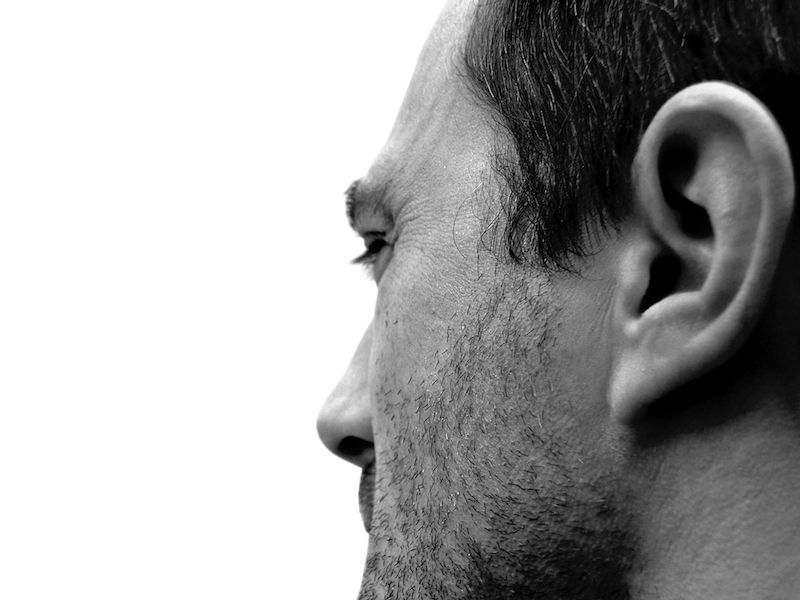
Tinnitus flare ups are not usually constant; it seems to be difficult to identify when and why these sounds occur. Perhaps you’re climbing into bed one night and, apparently out of the blue, your ears start ringing badly. As you lie in bed, you consider your day, and there are no clear triggers for this event: There is no noticeable reason why, at 9 PM, ringing starts taking place, no noisy music, no loud fire alarms, nothing.
So maybe it’s the food. We don’t usually think about the connection between food and hearing, but there’s a bit of research and evidence to suggest that some foods can make tinnitus worse. The trick for you is knowing what those foods are, so you can steer clear of them.
Which Foods Make Tinnitus Worse?
So let’s get right down to it. You would like to know which kind of foods you should stay away from so you can be sure you never have to experience one of those food-generated tinnitus episodes again. Here are some foods to avoid:
Alcohol
Alcohol and tobacco should be high on the list of items to stay away from. Alright, okay, “tobacco” isn’t necessarily food, but if you want to decrease tinnitus episodes (and the severity of those episodes), you’ll stay away from drinking and smoking as much as you can.
Your general health can be substantially impacted by tobacco and alcohol especially your blood pressure. The more you drink (and smoke), the more likely your tinnitus will be to flare up.
Sodium
Your blood pressure is one of the leading predictors of tinnitus flare ups. Your tinnitus gets worse when your blood pressure goes up. That’s why sodium should absolutely be on your list of food foods to avoid. Whether you love eating french fries or just put salt on everything, you’ll want to ease up a lot.
There are some foods that you don’t typically consider high in sodium including ice cream. But to prevent any sudden tinnitus episodes you will need to keep track of sodium content.
Fast Food
If you’re avoiding sodium, it should come as no surprise that you should also be avoiding fast food. Even fast food joints that say they are a more healthy option serve food that is really high in sodium and fat. And, clearly, your blood pressure and your tinnitus will be adversely impacted by this kind of diet. Fast food outlets also normally serve shockingly large drinks, and those beverages are mostly sugar. Which brings up the next food you should avoid.
Sweets And Sugars
We all love candy. Well, maybe not everybody, but the majority of us. From time to time, you’ll come across someone who genuinely prefers veggies over candy. We try not to judge.
Sad to say, the glucose balance in your body can be significantly disrupted by sugar. And as you’re trying to go to sleep at night, a small disturbance to that balance can mean a lot of tossing and turning. In the silence of the night, while you lie there awake, it becomes much easier to begin to hear that ringing.
Caffeine
So, we saved caffeine for last because, well, it’s a tough one. Quitting this one is a hard pill to swallow. But having caffeine late in the day, whether from coffee, tea, or soda, can really mess up your sleep cycle. And your tinnitus is more likely to flare up if you aren’t getting quality sleep.
It’s really the lack of sleep, not the caffeine that’s the issue. Drink your coffee or tea in the morning, and switch to a non-caffeinated drink before dinner.
What Are Your Best Practices?
This list is by no means exhaustive. You’ll want to consult your hearing expert about any dietary modifications you may need to make. Let’s remember that dietary changes affect everyone differently, so in order to monitor what is working and what isn’t, it may be a good idea to keep a food journal.
Understanding what foods can cause a tinnitus event can help you make smarter choices moving forward. When you start keeping track of how your ears react to different foods, the explanation for your tinnitus could become less mysterious.
Then you will appreciate if you are going to be sorry for that late cup of coffee.